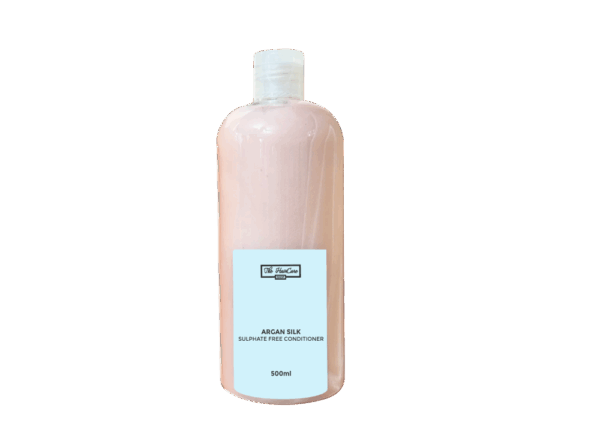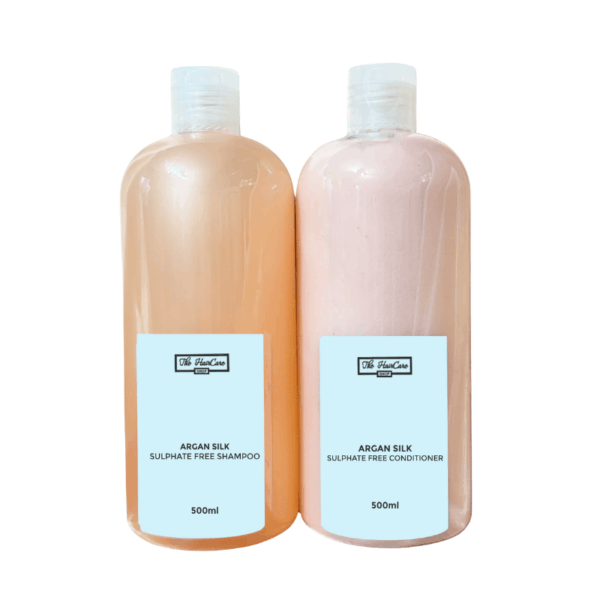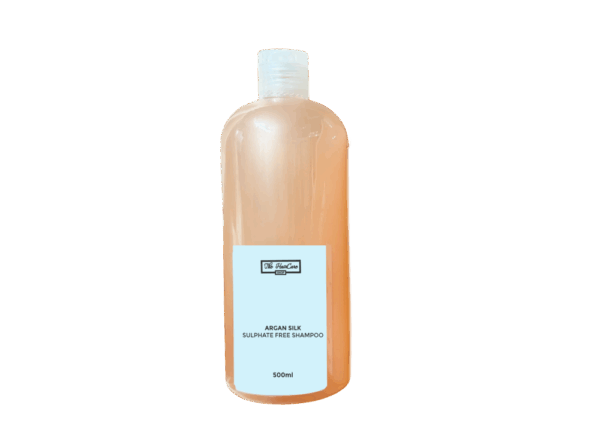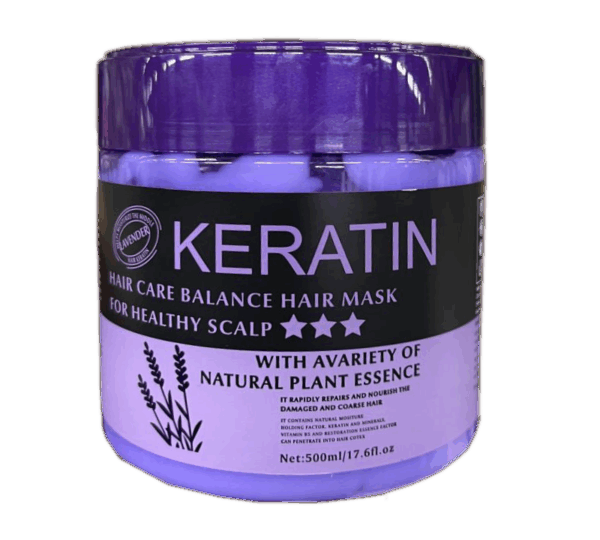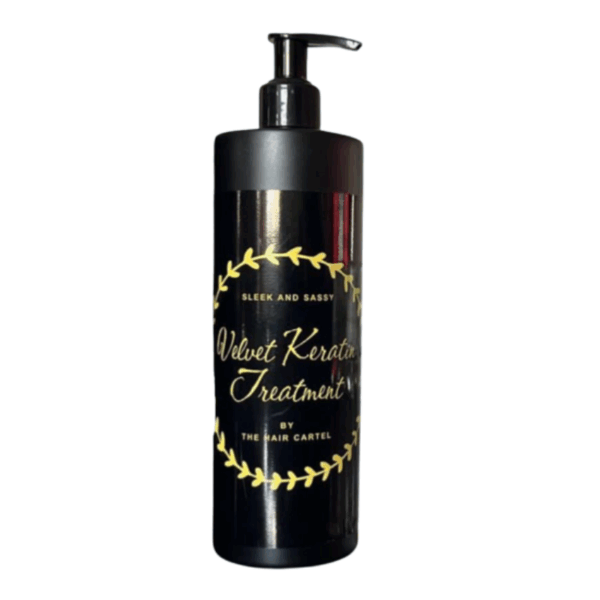About This Post
Introduction
Are you constantly brushing white flakes off your shoulders, feeling embarrassed every time you wear dark clothing? Does the sight of dandruff on your collar make you want to hide under a hat all day? You’re fighting a frustrating battle that millions of South Africans face daily – the relentless, confidence-crushing problem of dandruff that seems impossible to control.
The humiliation runs deeper than just visible flakes. You’ve probably noticed people’s eyes drift to your shoulders during conversations, felt self-conscious in meetings, or avoided intimate moments because you’re worried about what others might think. The constant itching disrupts your day, the flakes seem to multiply no matter how often you wash your hair, and nothing you’ve tried seems to provide lasting relief.
But here’s the empowering truth: you can win the war on dandruff with the right understanding of its causes, treatment, and prevention strategies. Armed with proper knowledge and effective solutions, you can eliminate those embarrassing flakes for good and reclaim your confidence. The key lies in understanding that dandruff isn’t just a hygiene issue – it’s a treatable scalp condition that responds well to targeted approaches.
Understanding Dandruff: What’s Really Happening on Your Scalp
The war on dandruff begins with understanding your enemy. Dandruff isn’t simply dead skin cells falling from your scalp – it’s a complex condition involving your scalp’s natural processes, fungal activity, and environmental factors working together to create those troublesome flakes.
Your scalp naturally sheds skin cells as part of its renewal process, but when this process speeds up dramatically, you get the visible flaking we call dandruff. This acceleration can be triggered by various factors, including a yeast-like fungus called Malassezia that lives naturally on everyone’s scalp.
Malassezia feeds on the oils your scalp produces, and when it overgrows, it can irritate your scalp and cause rapid skin cell turnover. This creates larger, more visible flakes that stick together and become the white or yellowish scales you see falling onto your clothes.
The condition affects people differently based on their genetics, lifestyle, stress levels, and even the climate they live in. South Africa’s diverse weather patterns, from humid coastal areas to dry inland regions, can significantly impact dandruff severity and frequency.
The Root Causes: Why Dandruff Develops
Winning the war on dandruff requires identifying what’s causing your specific case. Understanding these root causes helps you choose the most effective treatment and prevention strategies for your situation.
Seborrheic dermatitis is one of the most common causes of dandruff, creating red, scaly patches on your scalp along with flaking. This inflammatory condition is closely linked to Malassezia overgrowth and tends to worsen during stressful periods or seasonal changes.
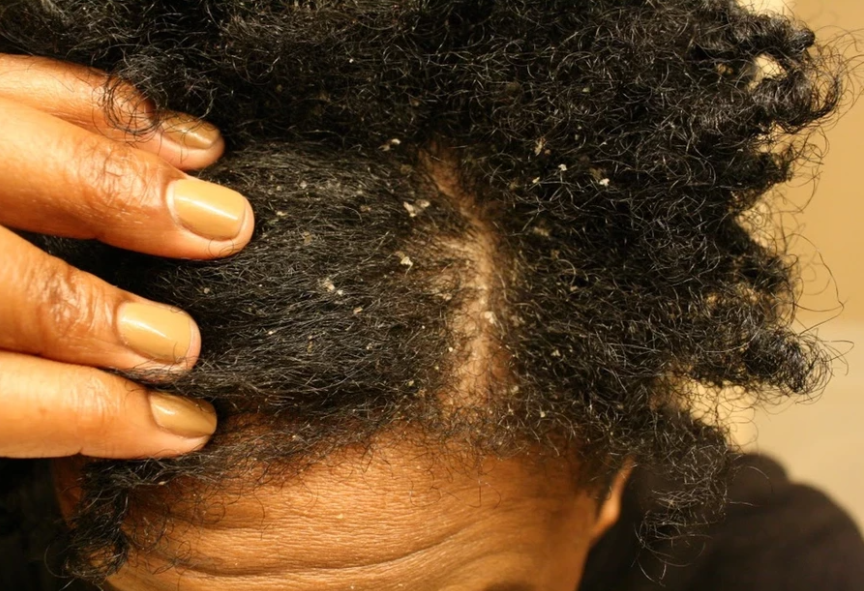
Dry scalp can mimic dandruff but has different underlying causes. When your scalp lacks moisture, it becomes irritated and flaky. This is particularly common in South Africa’s drier regions or during winter months when indoor heating reduces air humidity.
Product buildup from shampoos, conditioners, styling products, and treatments can create an environment where dandruff-causing organisms thrive. Heavy products that aren’t properly rinsed out can clog pores and irritate the scalp, leading to increased flaking.
Hormonal changes during puberty, pregnancy, or menopause can trigger dandruff by altering oil production on your scalp. Stress also plays a significant role, as it can weaken your immune system and make your scalp more susceptible to fungal overgrowth.
Certain medical conditions like psoriasis, eczema, or autoimmune disorders can cause dandruff-like symptoms. These conditions require different treatment approaches and may need medical supervision to manage effectively.
Immediate Treatment Strategies
When you’re actively fighting the war on dandruff, you need strategies that provide quick relief while addressing the underlying causes. These immediate treatments can help control flaking and reduce embarrassing symptoms.
Anti-dandruff shampoos are your first line of defense, but choosing the right active ingredient is crucial. Zinc pyrithione shampoos are gentle and effective for most people, working by controlling fungal growth and reducing inflammation. Use these 2-3 times per week initially, then reduce frequency as symptoms improve.
Ketoconazole shampoos provide stronger antifungal action for stubborn dandruff cases. These prescription-strength treatments can be highly effective but should be used as directed to avoid over-drying your scalp.
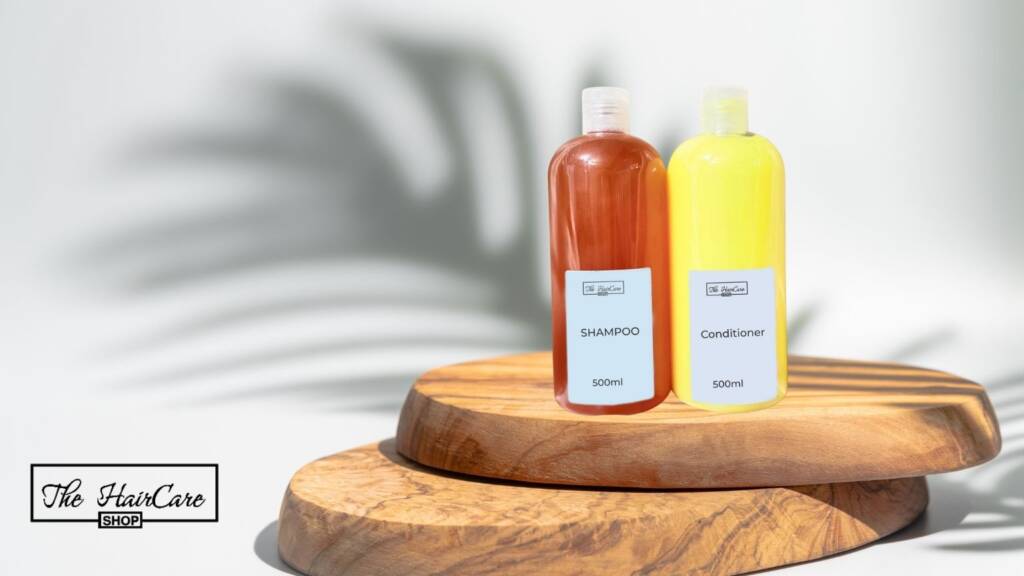
Selenium sulfide shampoos work by slowing skin cell turnover and controlling fungal growth. They’re particularly effective for severe dandruff but can discolor light-colored or chemically treated hair, so use with caution.
Coal tar shampoos help slow skin cell production and reduce scaling. While effective, they have a strong odor and can make your scalp more sensitive to sunlight, so always use sunscreen if you choose this option.
Tea tree oil has natural antifungal properties and can be effective when added to your regular shampoo. Use only a few drops mixed with your shampoo, as pure tea tree oil can be too harsh for direct scalp application.
Natural and Home Remedies
Many people prefer natural approaches in their war on dandruff, and several home remedies have shown effectiveness in managing symptoms while being gentle on the scalp.
Apple cider vinegar helps restore your scalp’s natural pH balance and has antimicrobial properties that can control dandruff-causing organisms. Mix equal parts water and apple cider vinegar, apply to your scalp, leave for 15 minutes, then rinse thoroughly.
Coconut oil provides moisturizing benefits for dry scalp conditions while having natural antifungal properties. Massage warm coconut oil into your scalp, leave for at least 30 minutes or overnight, then shampoo out thoroughly.
Aloe vera gel soothes irritated scalps and has anti-inflammatory properties that can reduce redness and itching associated with dandruff. Apply pure aloe vera gel to your scalp, leave for 20 minutes, then rinse with cool water.
Baking soda acts as a gentle exfoliant to remove dead skin cells and has antifungal properties. Make a paste with water, massage gently into your scalp, leave for a few minutes, then rinse thoroughly. Use this treatment only once a week to avoid over-drying.
Lemon juice’s acidity can help balance scalp pH and control fungal growth. Apply fresh lemon juice to your scalp, leave for 10 minutes, then rinse well. Be cautious if you have sensitive skin, as lemon juice can be irritating.
Professional Treatment Options
Sometimes the war on dandruff requires professional intervention, especially for severe or persistent cases that don’t respond to over-the-counter treatments.
Dermatologists can prescribe stronger medicated shampoos, topical steroids for inflammation, or antifungal medications for severe fungal overgrowth. They can also identify underlying conditions that might be contributing to your dandruff.
Scalp treatments at professional salons can provide deep cleansing and targeted therapy. These treatments often combine exfoliation, antifungal ingredients, and moisturizing elements to address multiple aspects of dandruff simultaneously.
Light therapy, specifically narrowband UVB treatment, has shown effectiveness for some people with severe seborrheic dermatitis. This treatment should only be performed by trained professionals and requires multiple sessions.
Prescription medications like oral antifungals might be necessary for severe cases that don’t respond to topical treatments. These are typically reserved for cases where other treatments have failed or when underlying health conditions contribute to dandruff.

Prevention: Keeping Dandruff at Bay
The most effective approach to the war on dandruff is preventing it from returning once you’ve gotten it under control. Prevention strategies focus on maintaining scalp health and avoiding triggers.
Maintain a consistent hair washing routine that removes oil buildup without over-drying your scalp. Most people benefit from washing their hair 2-3 times per week, but this may vary based on your hair type and lifestyle.
Choose hair products carefully, avoiding those with heavy oils, alcohol, or harsh chemicals that can irritate your scalp or create buildup. Look for products labeled as non-comedogenic or designed for sensitive scalps.
Manage stress through regular exercise, adequate sleep, and stress-reduction techniques like meditation or yoga. Since stress can trigger dandruff flare-ups, maintaining good mental health supports scalp health too.
Eat a balanced diet rich in zinc, B vitamins, and healthy fats to support scalp health from within. Foods like fish, nuts, seeds, and leafy greens provide nutrients essential for healthy skin and hair.
Protect your scalp from extreme weather conditions by wearing hats in strong sun or cold weather. However, ensure hats are clean and breathable to avoid creating a warm, moist environment where fungi can thrive.
Lifestyle Factors That Impact Dandruff
Your daily habits and lifestyle choices significantly influence your success in the war on dandruff. Making targeted changes can dramatically improve your scalp health and reduce flaking.
Sleep quality affects your immune system’s ability to control fungal overgrowth on your scalp. Aim for 7-9 hours of quality sleep nightly, and consider changing pillowcases frequently to reduce bacterial and fungal buildup.
Exercise improves circulation, including blood flow to your scalp, which supports healthy skin cell turnover. However, always shower after sweating to prevent buildup of oils and bacteria that can worsen dandruff.
Hydration plays a crucial role in maintaining healthy skin, including your scalp. Drink adequate water throughout the day to support your body’s natural detoxification processes and maintain skin moisture.
Environmental factors like air conditioning, heating, and pollution can affect your scalp health. Use a humidifier in dry environments and protect your hair from environmental pollutants when possible.

The Role of Diet in Dandruff Management
What you eat can significantly impact your war on dandruff, as certain nutrients support scalp health while others may exacerbate symptoms.
Omega-3 fatty acids found in fish, walnuts, and flaxseeds have anti-inflammatory properties that can help reduce scalp irritation. Include these foods regularly in your diet to support overall skin health.
Zinc deficiency has been linked to increased dandruff severity. Foods rich in zinc include oysters, pumpkin seeds, chickpeas, and lean meats. Consider a zinc supplement if your diet is lacking in these foods.
Probiotic foods like yogurt, kefir, and fermented vegetables support gut health, which is connected to skin health throughout your body, including your scalp. A healthy gut microbiome can help regulate inflammation and immune responses.
Limit sugar and processed foods, which can promote inflammation and may worsen dandruff symptoms. Focus on whole foods, fresh fruits and vegetables, and lean proteins to support overall health.
Common Mistakes in Dandruff Treatment
Many people unknowingly sabotage their war on dandruff by making common treatment mistakes that can worsen symptoms or prevent effective treatment.
Over-washing your hair can strip natural oils and irritate your scalp, potentially worsening dandruff. While it seems logical to wash more frequently when you have flakes, this often backfires by creating a cycle of irritation and increased oil production.
Using too many products simultaneously can irritate your scalp and make it difficult to identify what’s actually helping. Introduce new treatments one at a time and give each at least 2-4 weeks to show results.
Scratching your scalp provides temporary relief but can damage skin and worsen inflammation. This can also spread bacteria and fungi, making dandruff harder to treat. Keep nails short and try gentle massage instead of scratching.
Discontinuing treatment too early is a common mistake. Many people stop using anti-dandruff products as soon as symptoms improve, but consistent maintenance is often necessary to prevent recurrence.
Using hot water can strip your scalp of natural oils and increase irritation. Wash your hair with lukewarm water and finish with a cool rinse to help seal the hair cuticle and reduce inflammation.
Frequently Asked Questions About Dandruff
Understanding common concerns about dandruff helps you make informed decisions in your war on dandruff. Here are detailed answers to the most frequently asked questions about causes, treatment, and prevention.
Is dandruff contagious and can I catch it from someone else?
No, dandruff is not contagious and you cannot catch it from another person. Dandruff is caused by factors like fungal overgrowth, skin sensitivity, and individual scalp conditions that are unique to each person. While the Malassezia fungus that contributes to dandruff is naturally present on everyone’s scalp, it doesn’t spread from person to person through casual contact or sharing personal items.
How long does it typically take to see improvement when treating dandruff?
Most people see initial improvement within 2-4 weeks of consistent treatment, but complete control may take 6-8 weeks. The timeline depends on the severity of your dandruff, the underlying cause, and how consistently you follow your treatment regimen. Some people notice reduced itching within days, while visible flaking may take longer to resolve completely.
Can dandruff cause permanent hair loss or damage?
Dandruff itself rarely causes permanent hair loss, but severe cases with intense itching and scratching can lead to temporary hair thinning. The inflammation associated with severe seborrheic dermatitis might cause some hair loss, but this typically resolves once the condition is properly treated. However, ignoring severe dandruff can lead to secondary scalp infections that might cause more serious problems.
Should I wash my hair more or less frequently if I have dandruff?
The ideal washing frequency depends on your specific type of dandruff and scalp condition. For oily scalp types with dandruff, washing every other day or daily might be beneficial. For dry scalp conditions, washing 2-3 times per week is usually sufficient. The key is finding the balance that keeps your scalp clean without over-drying or irritating it further.
Are expensive dandruff shampoos necessarily better than drugstore options?
Not necessarily. The effectiveness of dandruff shampoo depends on the active ingredients rather than the price. Many affordable drugstore brands contain the same active ingredients as expensive salon products. Look for shampoos with proven ingredients like zinc pyrithione, ketoconazole, or selenium sulfide, regardless of brand or price point.
Can stress really cause dandruff or make it worse?
Yes, stress can definitely trigger dandruff flare-ups or make existing dandruff worse. Stress weakens your immune system, making it harder for your body to control the fungal overgrowth that contributes to dandruff. Stress also increases oil production and can disrupt your scalp’s natural balance. Managing stress through exercise, meditation, or other techniques often helps improve dandruff symptoms.
Is it normal for different treatments to work better at different times?
Yes, it’s common for your scalp to respond differently to treatments over time. Your scalp’s needs can change due to factors like weather, hormones, stress levels, and even the natural adaptation that can occur with long-term use of the same product. This is why many dermatologists recommend rotating between different types of dandruff shampoos or taking breaks from treatment occasionally.
Can I use regular conditioner if I have dandruff?
You can use conditioner, but choose carefully and apply it correctly. Use lightweight, non-comedogenic conditioners and apply only to the hair shaft, avoiding the scalp. Heavy conditioners applied to the scalp can contribute to buildup and worsen dandruff. Some people find that leave-in conditioners or hair oils work better than traditional rinse-out conditioners.
Are there any foods I should avoid if I have persistent dandruff?
While diet alone rarely causes dandruff, some people find that certain foods can trigger flare-ups. Common culprits include high-sugar foods, excessive dairy, and foods high in saturated fats. Some people are sensitive to yeast-containing foods like bread, beer, and wine. Keep a food diary to identify any personal triggers, but remember that dietary changes should complement, not replace, proper scalp treatment.
Can dandruff be completely cured or will I always need to manage it?
For most people, dandruff is a manageable condition rather than something that can be permanently “cured.” The underlying factors that contribute to dandruff, such as genetic predisposition to fungal overgrowth or sensitive skin, don’t disappear permanently. However, with proper treatment and maintenance, most people can achieve long periods without symptoms and maintain healthy, flake-free scalp with minimal ongoing care.
When should I see a doctor about my dandruff?
Consult a dermatologist if your dandruff doesn’t improve after 4-6 weeks of consistent over-the-counter treatment, if you experience severe itching or pain, if your scalp becomes red and inflamed, or if you notice hair loss. Also seek professional help if dandruff is accompanied by other symptoms like fever, if it spreads to other parts of your body, or if you suspect an underlying skin condition.
Can children get dandruff and how should it be treated differently?
Children can develop dandruff, though it’s less common than in adults. In infants, a similar condition called cradle cap is common and usually resolves on its own. For older children, use gentler treatments and milder shampoos designed for sensitive scalps. Always consult a pediatrician before using medicated dandruff treatments on children, as their scalp is more sensitive than adult scalp.
Winning the war on dandruff requires understanding that this common condition is both treatable and preventable with the right approach. Success comes from identifying your specific triggers, choosing appropriate treatments, and maintaining consistent care routines that address the underlying causes rather than just masking symptoms.
Final Thought
Remember that the war on dandruff is often won through patience and persistence rather than quick fixes. What works for one person may need adjustment for another, and finding your perfect combination of treatments and prevention strategies may take some experimentation. The key is to remain consistent with proven treatments while making lifestyle adjustments that support overall scalp health.
The emotional freedom that comes from controlling dandruff extends far beyond just eliminating visible flakes. When you successfully manage your dandruff, you regain confidence in social situations, feel comfortable wearing any color clothing, and no longer worry about embarrassing symptoms interrupting your daily life.
Don’t let dandruff control your confidence or limit your choices. With the comprehensive strategies outlined in this guide, you have everything you need to win your personal war on dandruff and maintain a healthy, flake-free scalp for years to come.
For all your dandruff-fighting products and professional-grade treatments, visit Hair Care Shop where you’ll find expert-selected products specifically chosen to help South Africans achieve healthy, beautiful hair and scalp.

